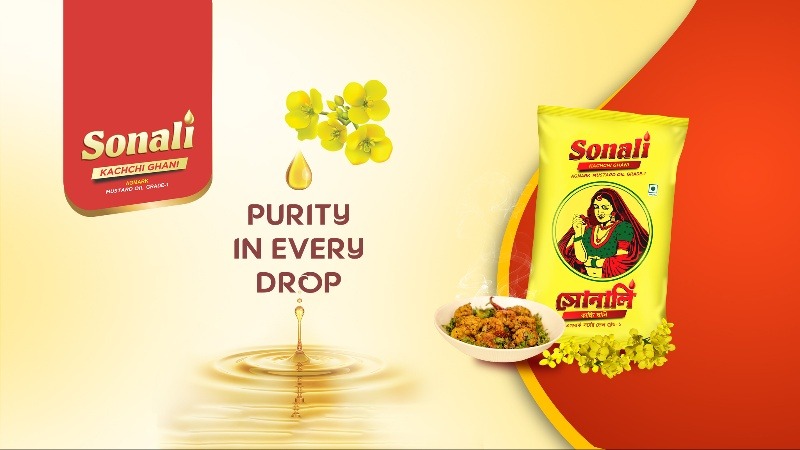Edible Oils: The Oils We Can Eat
Popular Post: Mustard Oil For Cooking Good Or Bad?
Conclusion
Unlike non-consumable oil, which cannot be used for eating or cooking, edible oils are safe for consumption and can be cooked with. This information should be well known as it highly affects one’s health. Always check the labels to ensure you are in possession of the best cooking oil.
The right oil selected is beneficial for health and taste at the same time. There are different categories of edible oils – some are suitable for high-temperature cooking, while others are more suitable for salads. Sonali Oil provides guaranteed satisfaction through high-class natural oils. Through careful processing, natural goodness is kept, and you can be assured that with Sonali Oil, your worry for safe and healthy products and all your cooking needs are over. Contact us now to know the complete details on Edible Oil vs Non-Edible Oil.




